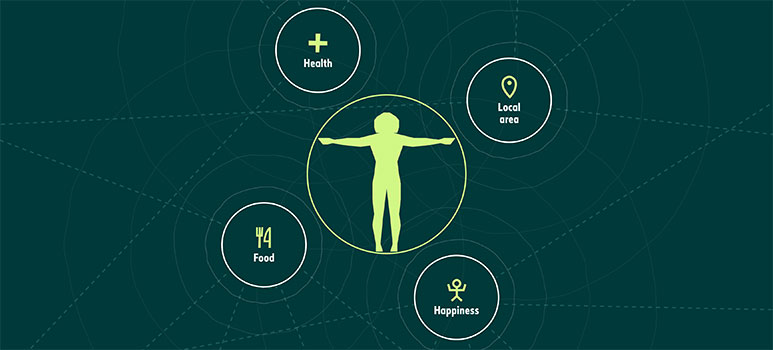About this resource
- Resource type: outdoor game
- Theme: Pollution
Learning outcomes
- understand that pesticides can affect more than just the target species
- understand that toxic materials can pass through the food chain
In this activity, students play a game that illustrates how pesticides can affect the health of bees and their colony. They play the role of bees gathering resources from flowers, some of which are contaminated with pesticides.
Bees that are contaminated with pesticides have their forgaging behaviour affected, impacting the health of the colony.

Relationships in an ecosystem
Experimental skills and investigations
Scientific attitudes
Teacher notes
Biodiversity and Interdependence
I understand how animal and plant species depend on each other and how living things are adapted for survival. I can predict the impact of population growth and natural hazards on biodiversity. SCN 4-01a
Through investigations and based on experimental evidence, I can explain the use of different types of chemicals in agriculture and their alternatives and can evaluate their potential impact on the world’s food production. SCN 3-03a
I can use my knowledge of the interactions and energy flow between plants and animals in ecosystems, food chains and webs. I have contributed to the design or conservation of a wildlife area. SCN 2-02a
Inquiry and Investigative Skills:
Presents scientific findings:
Scientific Analytical Thinking Skills:
Skills and Attributes of Scientifically Literate Citizens:
Living things KS2
Natural World KS2
Active Citizens KS2

Use our learning resources with your students to explore the nature on your doorstep and discover the challenges it faces.

Biodiversity is connected to almost every aspect of our lives, but it needs our help. Small actions can make a big difference.